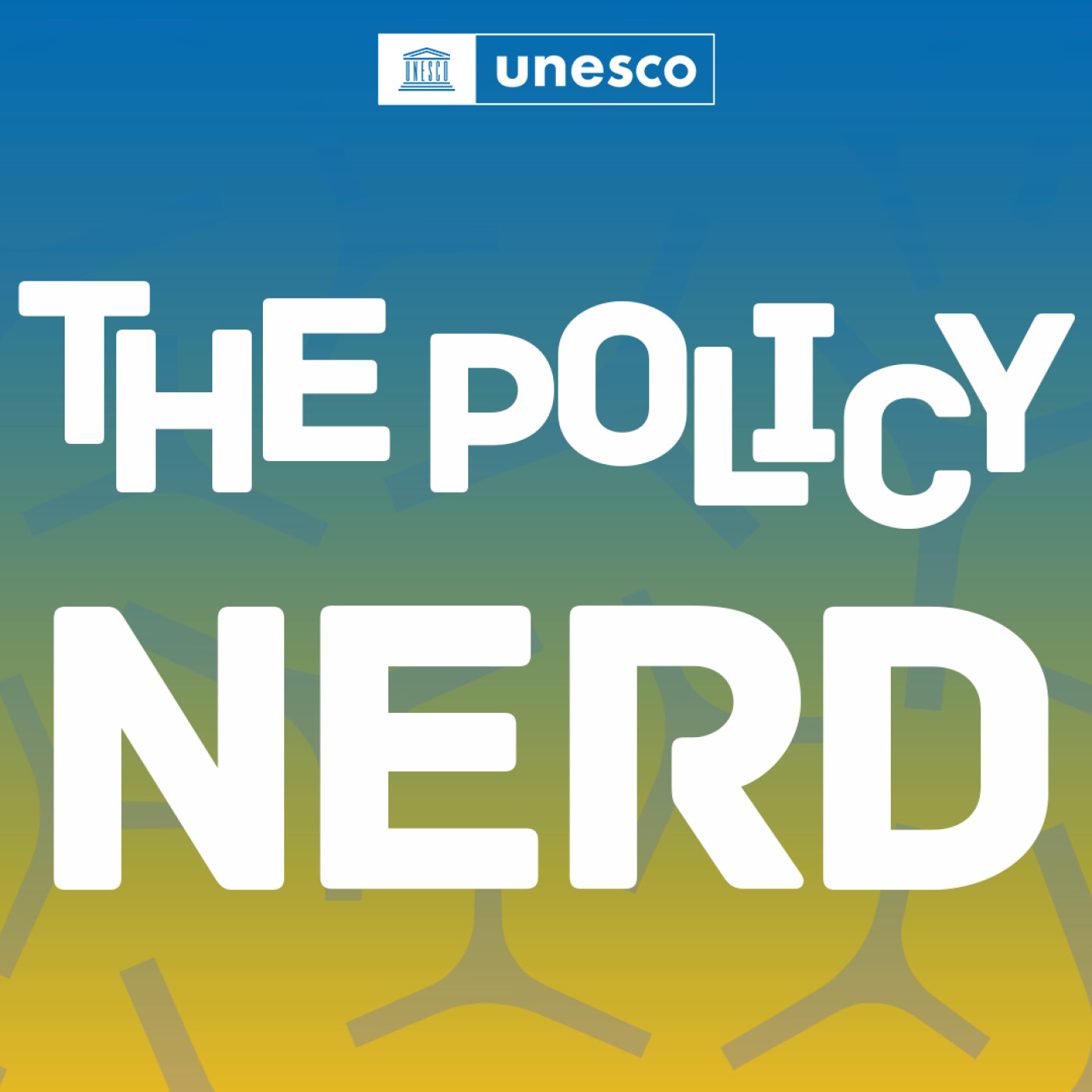Social media and trust in science – “it’s complicated”
Description
Much guilt for the erosion of public trust in science is laid at the feet of social media. Does data support such fears? Homero Gil de Zuñiga Navajas and Brigitte Huber conducted a 20-country study that looked into this relationship and they say… “it’s complicated”. Social media news use is positively related to trust in science, yet worries about echo chambers and polarization are real. They also say that there is little fake news on social media, but it’s the concentration and effects that are concerning. The majority of fake news hits a small group of people, who are dragged into rabbit holes by algorithms and their own curation of content. But look on the bright side. There is room for everything on social media. Scientists and policy makers need to discern paths to positive outcomes. From using micro-targeting, to banking on users' need for cognition, to tailoring campaigns to personality traits – social media has “tricks”. Are we ready to employ them? Find out in their discussion with UNESCO’s Iulia Sevciuc .
More Episodes
Daron Acemoglu, the newly minted Nobel prize laureate in Economics and distinguished Institute Professor at the Massachusetts Institute of Technology (MIT), debunks for us some long-standing assumptions about technology, productivity, and shared prosperity. Benefits do not automatically tickle...
Published 10/16/24
Published 10/16/24
Sudip Parikh, CEO of the American Association for the Advancement of Science and Executive Publisher of the Science journals, talks to us about major trends in science and how they affect us all. He begins by saying that populism and polarisation are taking hold of science. Belonging to a group –...
Published 04/10/24


